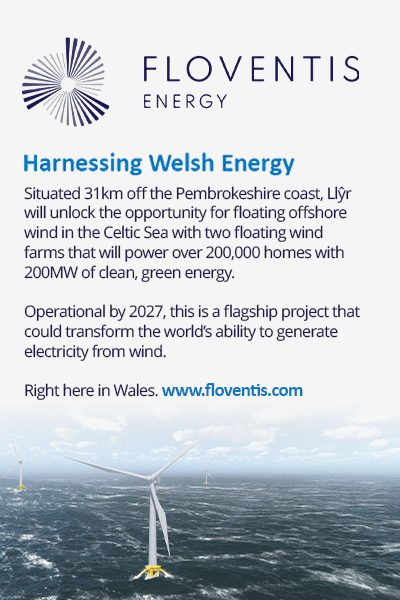
HyFlux Ltd, a pioneering company in advanced propulsion technologies, has announced a strategic partnership with the Paihau-Robinson Research Institute, Victoria University of Wellington, and Wellington UniVentures.
This collaboration aims to decarbonise transport, beginning with lightweight aviation motors and propulsion systems, leveraging the potential of cryogenic hydrogen to drive superconducting technologies for sustainable aviation.
This collaboration unites Swansea-based HyFlux’s cutting-edge innovations in superconducting motor technology with the world-class research expertise of the Paihau-Robinson Research Institute, led by Professor Rod Badcock. They say their combined efforts will push the boundaries of lightweight aviation propulsion systems that use cryogenic green hydrogen, addressing one of the most critical challenges in decarbonising aviation.
Professor Rod Badcock of the Paihau-Robinson Research Institute said: “This partnership marks a significant step toward achieving true zero-emission transport. While there is much to be done, we are confident that our combined knowledge and experience will accelerate the development and certification of these groundbreaking technologies for the aerospace sector.”
Pierre Malou, CEO of Wellington UniVentures, expressed his confidence in the impact of the partnership, highlighting Paihau-Robinson Research Institute’s track record of success.
He said:
“The Pihau-Robinson Research Institute has an impressive history of transforming cutting-edge research into commercial success. This new partnership with HyFlux is set to be another game-changer, combining world-class expertise and a clear focus on developing global sustainable aviation solutions that can revolutionise the industry and be deployed in the near future to tackle greenhouse gases emissions.”
The collaboration brings together extensive aerospace experience from industry leaders such as Airbus, Rolls-Royce, Siemens, GKN Aerospace, and BAE Systems. With this unique blend of expertise, the partners envision a clear roadmap to certifying and deploying advanced propulsion systems that can make a substantial impact on both CO2 and non-CO2 greenhouse gas emissions in aviation and maritime transport.
Together, HyFlux and its partners are taking a decisive step towards realising a sustainable future in global transportation, they said.
As the world transitions towards clean energy, the development of superconducting motor technology offers a transformative solution for achieving zero-emission flight and shipping, the partners said.
HyFlux said it was confident this is a mission that others will endorse and support with governments and airlines looking to support Sustainable Aviation with the formation of policies, as well as industry working groups like Jet Zero Councils in the UK and Australia and the New Zealand Government.




